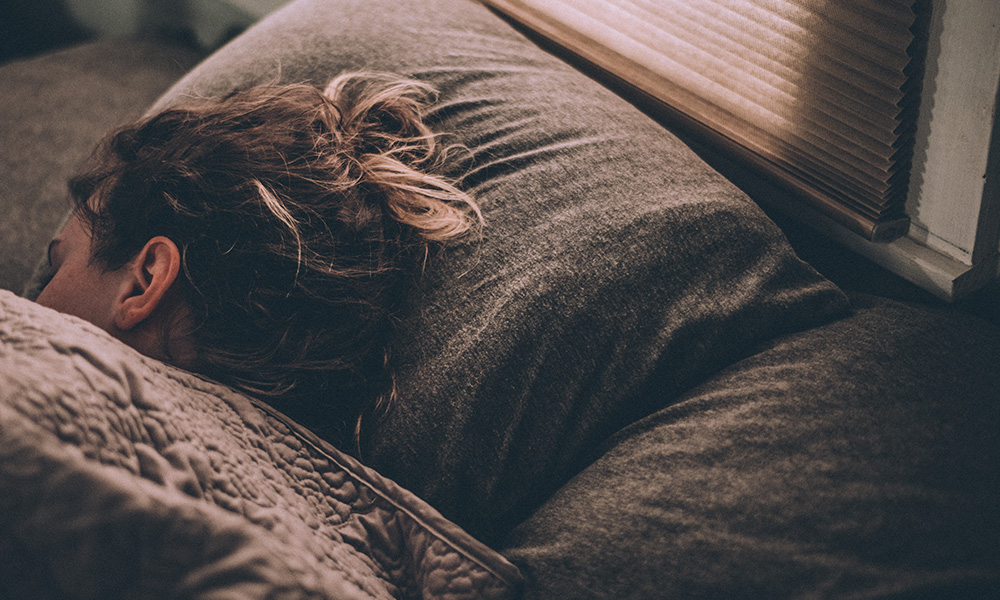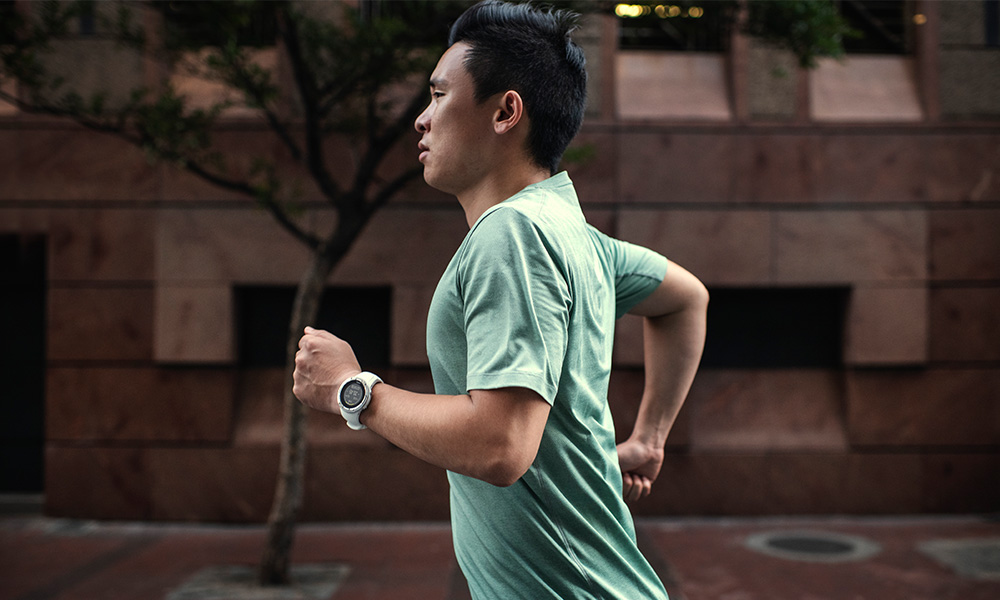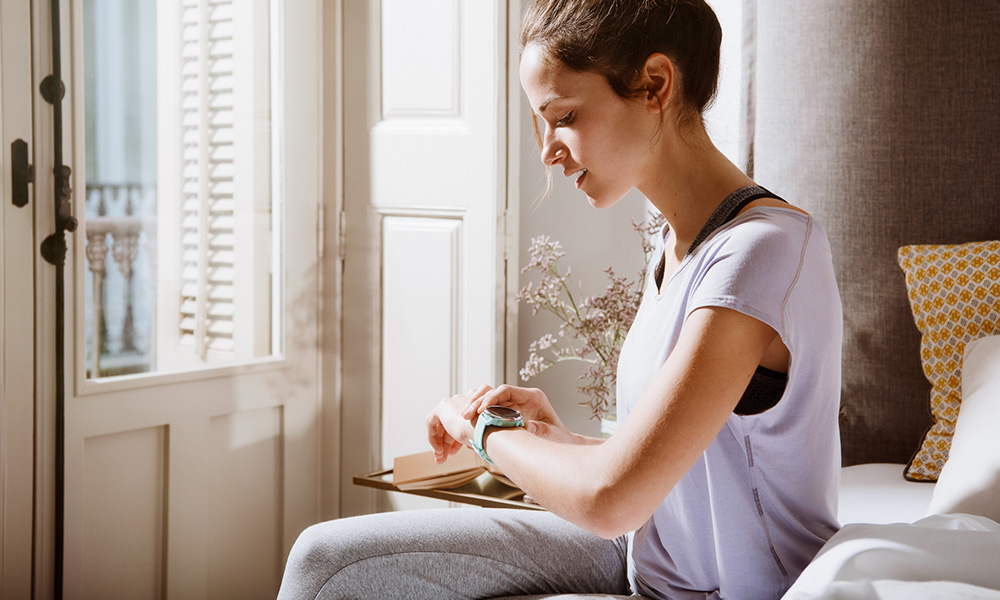
Sleep and recovery are essential parts of training. Photo by Gregory Pappas on Unsplash
There was little public interest in how to sleep well when Henri Tuomilehto first began working as a sleep doctor. “It was, ‘put your head on pillow and close your eyes’,” he says. “I think that attitude is changing, slowly and surely. The reason is that people aren’t doing well. I do a lot of research, and workers feel tired during most of the week. To be constantly tired is not normal.”
Henri is the head of Coronaria Sleep Clinic in Finland, which has six clinics across the country. He began working as a sleep doctor 10 years ago, after transitioning from working as an ears, nose and throat doctor. He participated in a course on sleep, and realised how little he understood the topic. “Sleep is not included in medical school,” he explains. “The body of knowledge amongst doctors is very low.
“There are not many people in the world who don’t feel pushed to work hard,” Henri continues. “On the other hand, our personal lives have also become more demanding, with a drive for travel, hobbies, and a strong goal orientation. It’s not only the work, it’s life itself. Whether you have a demanding job, or you’re a top athlete, it’s up to us to take care of ourselves.”

Henri has been working with athletes for eight years. He says learning to sleep well offers many positive benefits, and no negative effects. “If you aren’t sleeping well, bad things start happening,” he says. “I could write a book about what bad sleep does to you. Sleep decides what kind of person you are. It affects mood and behaviour.
“The tougher the times get, the better your recovery must be. When times are tough you have to respect rest and recovery. That is the only way you can stay balanced. Sleeping well is essential for this.”

Respect yourself
You have to accept this simple, obvious point, Henri says, otherwise the following tips are useless. The benefits will never come. “The tougher your life is, the more you need to concentrate on sleep and recovery,” he says. Begin making lifestyle choices that respect your need for rest and recovery. Henri says that might mean finding a new job.
Increase the quantity of sleep
Sleep at least 30 minutes to an hour more each night. “You will quickly notice the difference the next day,” Henri says. “You will feel much better. Athletes will see that they recover much faster. There is no easier way to improve your health and performance than with sleep. Keep your head on the pillow for one more hour. No need to sweat at all!”
Know when to back off
“Know your body and do not train if you’re not well recovered,” Henri says. “Many top athletes know and can sense how their body is doing. This is an important skill. If you’re not well recovered from training the day before, consider lightening the training or skipping it, and doing more recovery training, instead of pushing hard.”
Make the right choices
“Maintain a healthy lifestyle, and exercise regularly. There is no miracle cure, it comes out of what you do everyday, week after week.
Find a good rhythm
“Sleep is all about rhythm and pace, and alertness should be high in the morning, and low in the evening,” Henri says. “This is the right balance – try to master your alertness.” Avoid working late on computers, or doing sport in the evenings. Try to relax in the evening.
Get support
If you do lots of good things, and you still don’t feel good, then you might have a sleep disorder. “When people are tired, there is a reason,” Henri says. “Many people just give up. Never give up! Visit your local sleep doctor!”